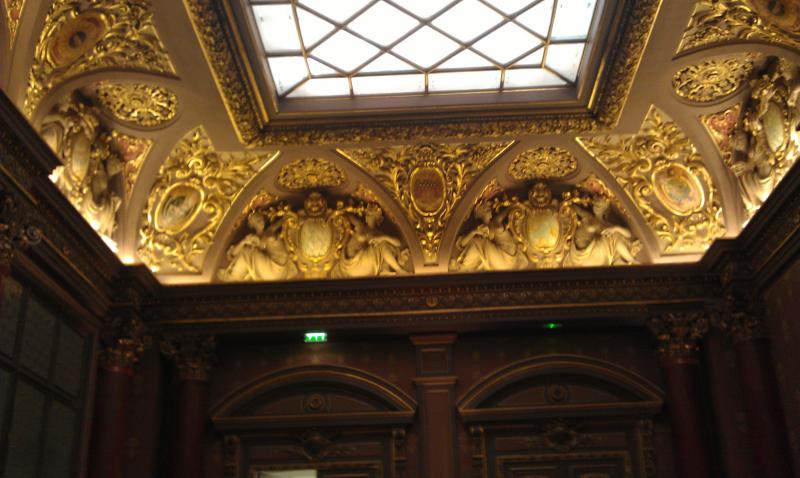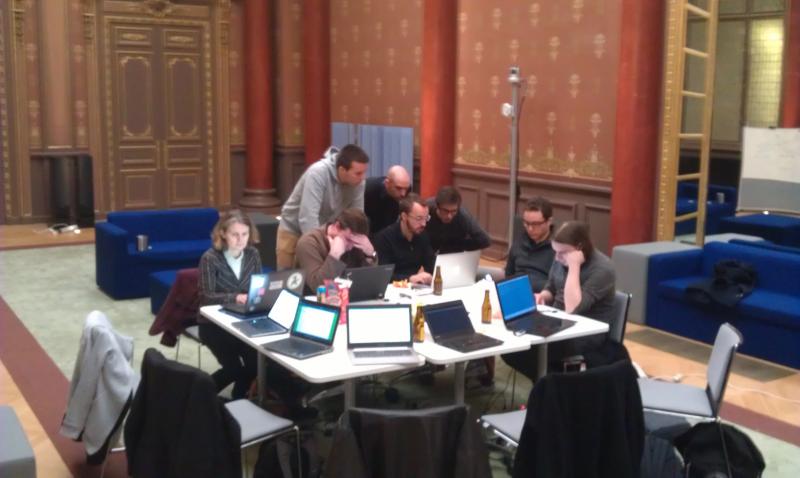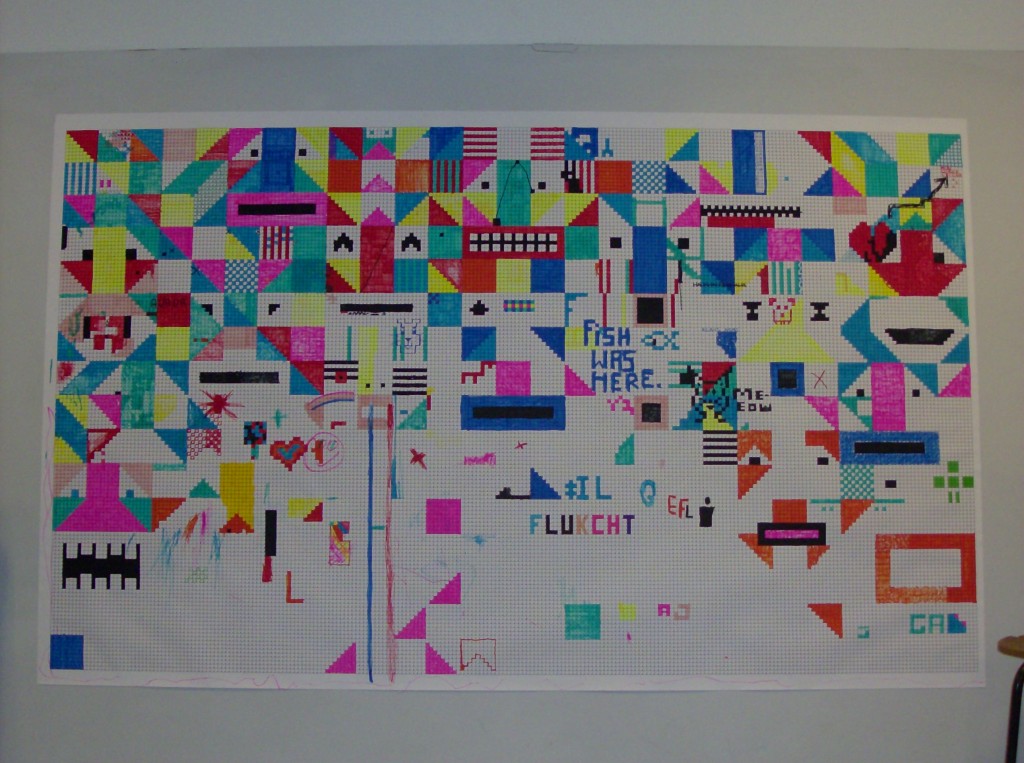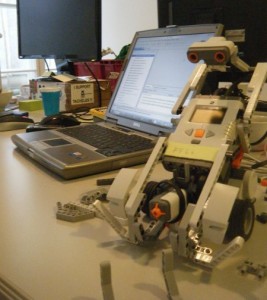EvQueue, free software job scheduler and queueing engine, liberated!
EvQueue is a free software task scheduler and queueing engine. It handles the planning of simple tasks but also that of workflows, chaining basic pieces of code to more complex endeavours.
We’ve been working on it in my NGO* for around three years, and been thinking about liberating it for half of that time. Now it’s finally available for everybody to enjoy, although it remains more of a web/server/admin/dev thing. We’ve been using it in a production environment since the beginning; to date, more than four millions workflows have been executed.
It has proven very useful for our websites and web applications to allow for background tasks. When a user wants for example to generate personalised snail mail for thousands of people (accordingly big pdf file), or upload a bunch of photos that need to go through some treatments, the operation can get lengthy. Far too lengthy (10s of seconds, minutes) for a page reload! Launch an evQueue workflow that deals with the export or upload, and it’ll run in the background. The user can go on with his or her navigation, and the website can silently check on evQueue to know when the workflow is finished, then inform the user in whichever way.
Documentation on how to install and use evQueue, as well as workflow examples, are available on the evQueue website.
* Que Choisir is a French consumer-protection organisation, we at the IT department work on its websites and many internal web applications.






